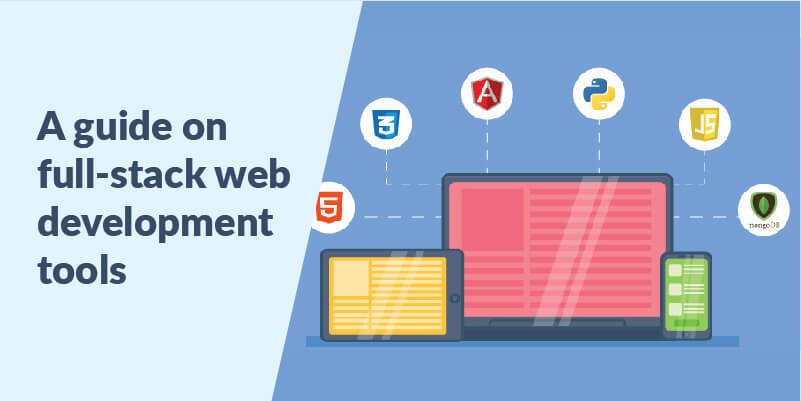Selecting the right web hosting service is crucial for the success of your website. The right choice impacts your site’s performance, security, and overall user experience. This guide provides insights into choosing the best web hosting service for your needs.

1. Understand Your Hosting Needs
Before choosing a web hosting service, evaluate your website’s requirements.
- Website Type: Determine whether you need hosting for a personal blog, a small business site, or a large e-commerce platform.
- Traffic Volume: Consider your expected traffic volume. Higher traffic may require more robust hosting solutions.
- Technical Skills: Assess your technical skills. Some hosting services are more user-friendly than others.
2. Types of Web Hosting
Several types of web hosting are available, each with its own advantages.
- Shared Hosting: Ideal for small websites with low traffic. Multiple websites share the same server resources.
- Pros: Cost-effective, easy to manage.
- Cons: Limited resources, potential performance issues.
- Virtual Private Server (VPS) Hosting: Offers more control and resources than shared hosting. A server is divided into virtual servers.
- Pros: More power, better performance.
- Cons: Higher cost, requires more management.
- Dedicated Hosting: Provides an entire server for your website. Suitable for high-traffic sites and large applications.
- Pros: Full control, high performance.
- Cons: Expensive, requires technical knowledge.
- Cloud Hosting: Utilizes multiple servers to host your website. Offers scalability and reliability.
- Pros: Scalable, reliable.
- Cons: Can be complex, costs vary.
- Managed WordPress Hosting: Specifically optimized for WordPress sites. Includes features and support tailored for WordPress.
- Pros: WordPress-specific features, enhanced security.
- Cons: Limited to WordPress, higher cost.
3. Evaluate Hosting Features
When choosing a hosting provider, consider the following features:
- Uptime Guarantee: Look for a host with a high uptime guarantee (ideally 99.9%) to ensure your website remains accessible.
- Performance: Check for speed and performance features such as SSD storage, Content Delivery Networks (CDNs), and caching.
- Security: Ensure the hosting service provides security features like SSL certificates, firewalls, and regular backups.
- Support: Choose a provider with reliable customer support available via multiple channels (live chat, phone, email).
- Scalability: Opt for a host that allows easy upgrades as your website grows.
4. Compare Pricing and Plans
Different hosting providers offer various pricing plans. Consider these aspects when comparing options:
- Cost: Compare the cost of different hosting plans. Watch out for hidden fees and renewal rates.
- Trial Periods: Some hosts offer trial periods or money-back guarantees. This allows you to test the service before committing long-term.
- Included Features: Review what features are included in each plan, such as domain registration, email accounts, and site builders.
5. Check Reviews and Reputation
Research the reputation of potential hosting providers:
- Customer Reviews: Read reviews from current and past users to gauge the quality of service and support.
- Industry Reputation: Consider the provider’s reputation within the industry. Established companies often provide more reliable services.
- Performance Tests: Look for performance benchmarks or tests to ensure the hosting service meets your needs.
6. Consider Hosting Location
The physical location of the hosting servers can impact your website’s performance:
- Geographic Proximity: Choose a hosting provider with servers located near your target audience to reduce latency and improve load times.
- Global Reach: For global audiences, consider a hosting service with data centers in multiple regions.
7. Ensure Compatibility
Ensure the hosting service is compatible with your website’s technology and requirements:
- Software Compatibility: Verify that the host supports the technologies and platforms you use (e.g., PHP, MySQL, WordPress).
- Application Requirements: Check for compatibility with any specific applications or scripts you plan to use.
8. Evaluate Additional Services
Consider any additional services that might be valuable:
- Domain Registration: Some hosts offer free domain registration with their plans.
- Website Builders: Look for hosts that provide website builders or content management systems (CMS) for easy site creation.
- Email Hosting: Check if the hosting plan includes email hosting and management.
Conclusion
Choosing the right web hosting service involves understanding your needs, evaluating different types of hosting, and comparing features and prices. By considering uptime guarantees, performance, security, and customer support, you can select a hosting provider that supports your website’s goals and growth.




